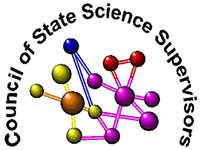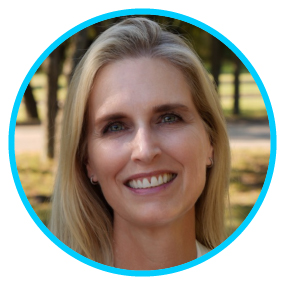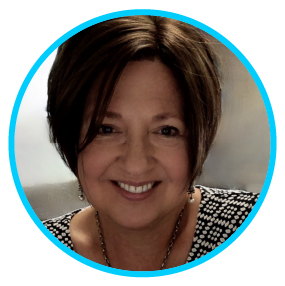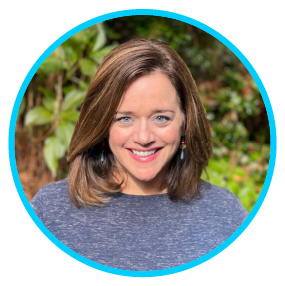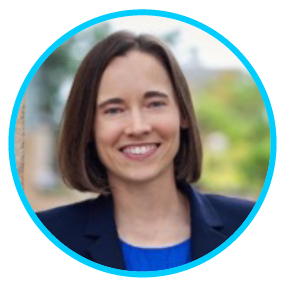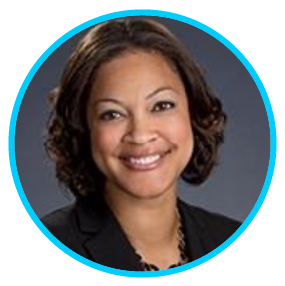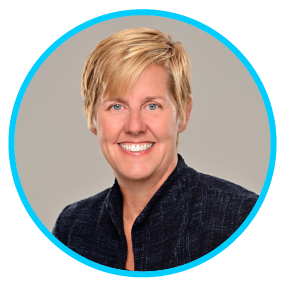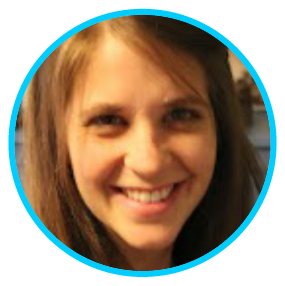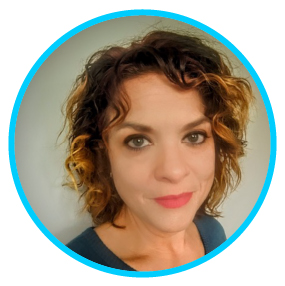PLI #1
National Conference in Atlanta • March 22-25, 2023
Half-Day Workshop
Capturing the Brilliance of Children and Strengths of Teachers Through Justice-Oriented Elementary Learning Materials
Preconference • Wednesday, March 22 • 12:30 - 3:30 PM
Facilitators: Shelly LeDoux, Carla Zembal-Saul, Heidi Carlone, Miranda Fitzgerald, Tia Madkins, Mary Starr, Mike Ryan, Molly Ewing, and TJ Heck
$75
Conference registration is required to attend.
About the Session
The Consortium for Open Equitable Science Education in Elementary (COESEE) is creating open education science learning experiences that more flexibly use time, while re-envisioning critical components of phenomenon, embedded ELA resources, equity, professional learning, and assessment. Elementary science learning demands the investigation of phenomena across time - weeks and months, not days -to use data and first-hand experience to see patterns, trends, and eventually build concepts. Our place-based Weather and Climate units in kindergarten and third grade require the collection, documentation, and analysis of weather data over many months to 1. observe patterns in the data, and 2. ask and answer highly-relevant questions about those patterns that can only be investigated over time. We will share one of our place-based, multiple-month units and unpack the ways exemplar units help to redefine elementary science learning experiences to elevate the brilliance of students and strengths of teachers. Participants will engage with materials developers and diverse and accomplished elementary science scholars and have an immersive experience wearing both their teacher and student hats.
Each session in this PLI strand will elevate Recommendations from the NASEM consensus report “Science and Engineering in Preschool through Elementary Grades: The Brilliance of Children and Strengths of Educators (2022).
Continue Your Learning
Conference Course
A conference course is a series of sessions—presented by a group of leading experts in an intentional order—to deepen your knowledge of effective research-based approaches about a specific topic. Conference courses are complimentary to all registered attendees. Attendees who complete a conference course earn a completion certificate, which can be submitted for clock hours or continuing education credits.
Conference Course
Brilliance of Elementary Students
Thursday • 1:00-2:00 PM
Assessment Systems to Build Children’s Learning Stories
Speakers: TJ Heck and Molly Ewin
Thursday • 2:20-3:20 PM
Finding and Using Interesting and Relevant Phenomenon and Design Problems in Elementary Science Learning
Speakers: Mike Ryan, Mary Starr, Molly Ewing, Shelly Ledoux, and Carla Zembal-Saul
Thursday • 3:40-5:00 PM
Science as Social Justice: Expanding What Counts as Science
Speakers: Heidi Carlone, Tia Madkins, and Carla Zembal-Saul
Friday • 1:20-2:20 PM
Read Aloud as Opportunities for Interdisciplinary Integration
Speakers: Miranda Fitzgerald, Tia Madkins, Katherine Pfeiffer, Amy Quinn, and Mary Starr
Friday • 2:40-3:40 PM
Supporting Productive Adaptations in Instructional Materials through Professional Learning
Speakers: Carla Zembal-Saul, Heidi Carlone, Mary Starr, and Shelly Ledoux
Friday • 4:00-5:00 PM
Podcasts as Opportunities for Interdisciplinary Integration
Speakers: Marshall Escamilla and Mike Ryan




